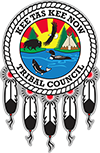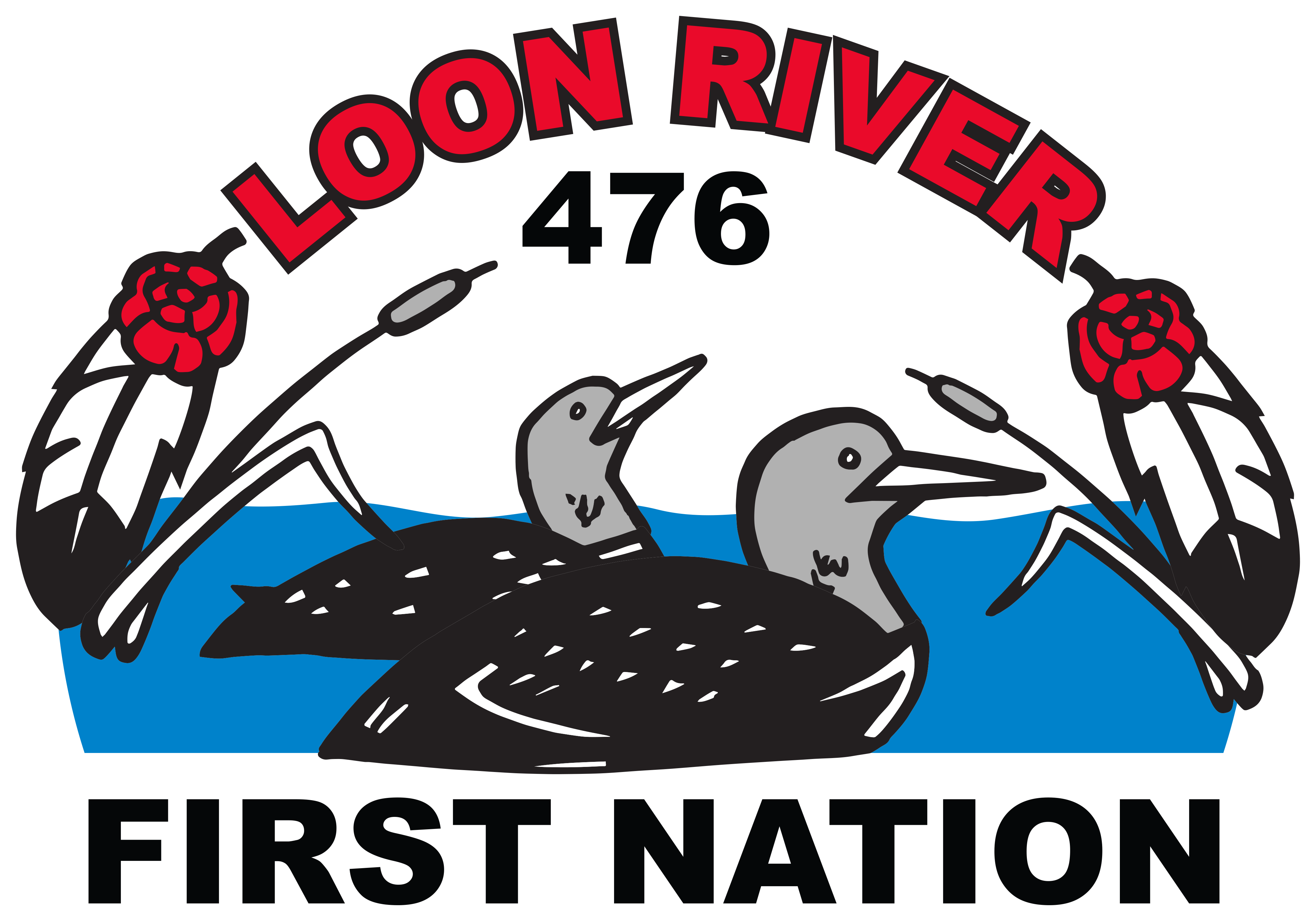Kee Tas Kee Now
Social DevelopmentSocial Development Programs
Income Assistance Program
- the Social Assistance Employment & Training (SAET)
- the Income Support Transfer (IST)
Income Assistance Programs

Including the Social Assistance Employment & Training (SAET) and
the Income Support Transfer (IST) Programs
The Income Assistance Program provides funding to assist eligible individuals and families who are ordinarily resident on reserve with basic needs, special needs and employment and pre-employment measures designed to increase self-reliance, to improve life skills and to promote greater attachment to the workforce. The expected outcome is an improved quality of life through the reduction of poverty and hardship on Reserve and improved participation in an attachment to the workforce.

Social Assistance Employment & Training Program (SAET)
SAET is a new funding program that was previously administered as NCBR funding. This Program was implemented in July 1988, and was a joint effort/provincial initiative that supported children and families. At the time of implementation, there was an increase in the child tax benefit and a decrease in social assistance rates by the same amount. An assurance was made by both governments that families on social assistance would not experience any loss in their total combined income.
The main objectives of the Program are:
- To help prevent and reduce child poverty
- To provide employment incentives to ensure that low-income families with children become self-sufficient
- To reduce overlap and duplication through the simplified administration of benefits to children
First Nations have the responsibility of planning, designing and implementing community projects for their unique needs of their communities.
Eligible activities may include
- Child Care programs – enhancements to existing daycare services, child care costs for the parents enrolled in employment or training programs
- Child Nutrition programs – food hampers, meal programs for schools, daycares and support centres as well as provisions for educational programs geared towards nutrition
- Support for Parents – early intervention, parenting programs, drop-in centres for parents & children, and parent and children activities
- Home to Work Transition – employment and training programs, youth summer work programs and personal development workshops
- Cultural Enrichment Projects – traditional teachings, supports programs for youth and children, such as traditional gatherings, cultural workshops and etc

Income Support Transfers (IST)
The prime objective of the IST Program is to increase individual and community self-reliance. Through the constructive use of these funds combined with funds from other sources; employment opportunities may be provided to those persons who would otherwise remain unemployed. Participants in the Project will have opportunities to acquire useful skills and become self-supporting. The Income Support benefits that would normally be paid out to the client are transferred to the Project to support the provision of salaries for the participant.

Learners Program
Clients are encouraged to participate in training opportunities which will result in increased access to employment projects and learning potential. A client’s eligibility is based on an assessment of an individual’s need for training, their employment status, and skill level, whether they are labour market destined and whether they are ready, willing and able to participate.
Client must be accepted into an Alberta Employment & Immigration (AE&I) approved training program on a full-time basis, and their tuition and books funded by AE&I. The AE&I will provide a letter of acceptance to the client, this letter is required prior to any training allowance provision. As long as all the necessary paperwork and supporting documents are submitted to ISC each quarter, the expenditures will be reimbursed from ISC.

Child Out of Parental Home (COPH)
The COPH Program could be administered either by the Income Assistance Program or through the Child & Family Services Program; this is determined by the First Nation.
Parents are responsible for the care and maintenance of their children, unless such rights and responsibilities have been terminated by legal process. The private placement of a child with another person does not relieve the parent of these responsibilities.
In exceptional circumstances where placement of a child with another person is necessary for sound social reasons and the parent does not have the resources to provide entirely for the child’s maintenance, an allowance may be paid to the guardian, providing that the child is receiving adequate care. Payment of such an allowance is not intended to relieve the parent of legal responsibilities toward their child, nor does it place any responsibility on the Issuing Authority.
Issuing Authorities are encouraged to case conference all COPH cases with the Child & Family Services Unit.

Special Needs
Special Needs benefits are intended to assist individuals and families with the cost of essential items not covered by Core Benefits. The Special Needs benefits may be issued if an item or service is essential to the health and well-being of the client. Any Special Needs benefits are only issued to clients who are eligible for and in receipt of Core Essential Benefits.
The Pre-Employment Supports Program (PESP)
– Previously referred to as ESD
The Social Assistance Program Reform- Active Measures started in 2012, when the Federal Government recognized the potential of Canada’s young aboriginal population for success and economic prosperity, the Government committed to a number of initiatives aimed at expanding opportunities for Aboriginal People to fully participate in the economy. The objectives were to focus on;
- increase training, skills development and employment for Income Support clients
- provide support to program staff so they will have the skills to help their clients
- develop strategies, partnerships and integration of programs and services
KTC was invited to submit a proposal for fiscal year 2016-17, being the only First Nation/Tribal Council in Treaty 8 to be invited and approved for funding. The main focus for the ESD initiative was to help First Nation Youth (age 18-24) to access the skills and training they needed, as they transitioned to further education or into the workforce. The Project would provide a continuum of services and programs aimed at increasing a client’s employability by addressing barriers to employment. ESD provided client supports specific to the individual client’s case plan and readiness, within a service delivery case management model.
The age limit for the participants has been increased this past year to any eligible Income Support client the age of 18-64. Many Supports have been provided over the past 3 years with the PESP Program, and continue to be accessed by all our KTC Nations.
Assisted Living
For more information on any of the Social Development Programs
Contact either the KTC Social Development Director
or
the Social Development Contact for the Member Nation listed below.
Peerless Trout First Nation
Beverly Noskiye
Whitefish Lake First Nation
Darlene Oar
Director of Income Support
Office: 1 866 900 0378
Direct: 780 767 3914
Woodland Cree First Nation
Dolly Letendre
Loon River First Nations
Beverly Ward
Director of Health & Social Development
Office: 780 649 3883
Direct: 780 649 3490
Email: health@loonriver.ab.ca
Lubicon Lake Band
Denise Ominayak




